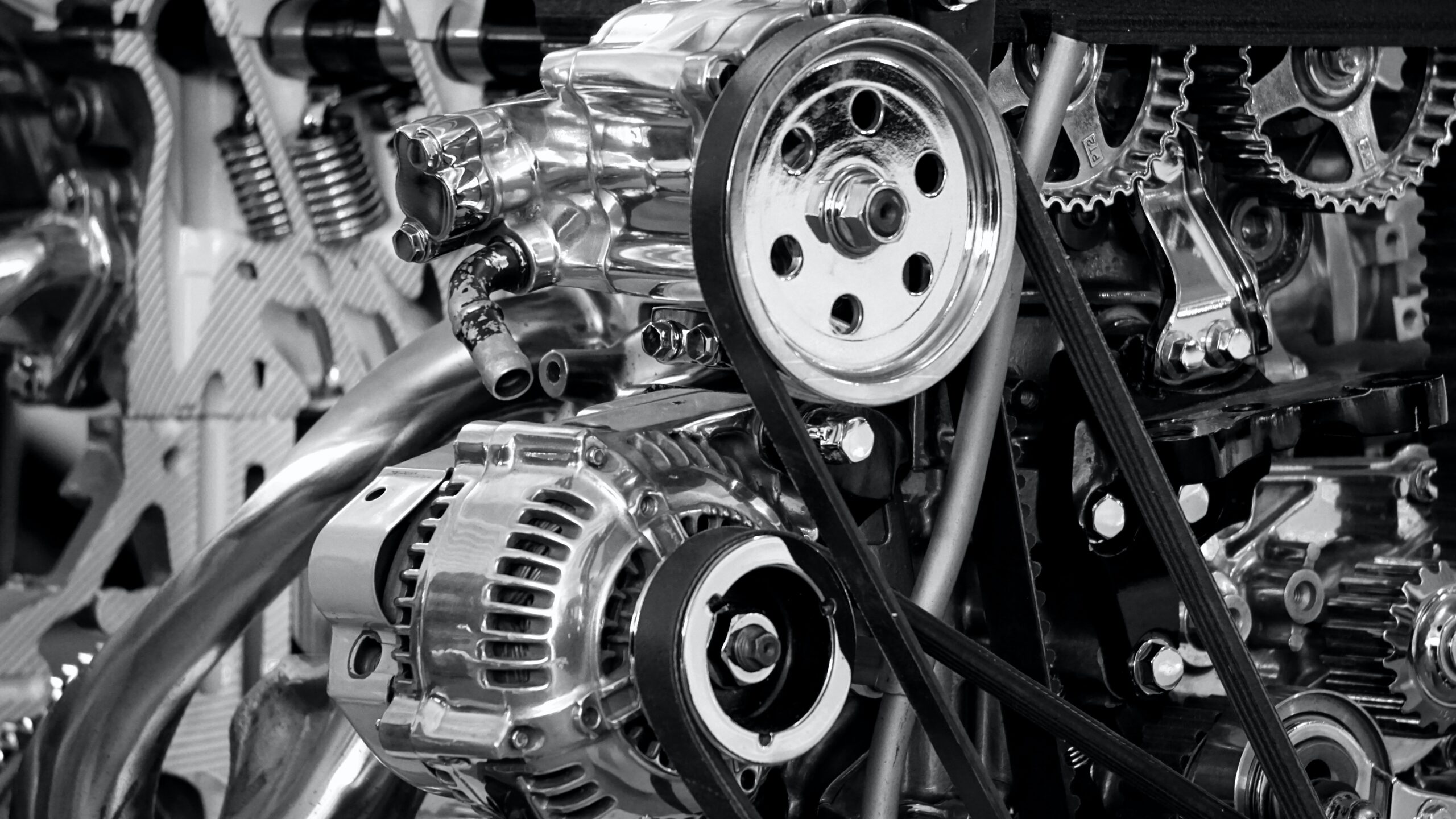
Diesel engines: they’re some of the most durable, and dependable engines on the market. But do they last long?
Truck specialists, drivers, vehicle owners, and managers: this article is for you. Whether you’re thinking of buying a vehicle with a diesel engine, determining when to replace diesel oil or adapt a truck maintenance schedule is different for each diesel engine.
We get it: diesel engine care can be tough. Plus, it’s challenging to know how long your engine will last.
If you’re thinking about buying, repairing, or replacing your engine, you’ll want to knowing how long a diesel engine lasts — and how to make it last longer. Doing so will save you heartache and hassle on your next diesel engine purchase.
If you’re looking for answers on how to make a diesel engine last, the great news is that you’ve come to the right place. Equipment Experts here.
For more than 20 years, we’ve been Tacoma, Washington’s leading truck repair facility for drivers, fleet managers, and fleet operators. Over the years, we’ve honed our craft with diesel truck repairs, fleet maintenance, and fleet management.
In this article, we’ll discuss the factors that contribute to the life of a diesel engine, as well as how to make your engine last longer. Join us, as we’ll describe how long diesel engines last and what you can do to keep them running strong for the long haul.
When it comes to diesel engines, many factors can affect its lifespan, including:
We’ll take a look next at how these factors play a role in the longevity of your diesel engine. By gaining critical insight into diesel engine care and maintenance, you can make your diesel engine last longer.
It comes as no surprise that the newer a diesel engine, the longer it tends to last. Older engines aren’t expected to last as long as newer engines.
Older engines’ components aren’t nearly as durable or dependable. For example, the 6.7L Cummins is packed with loads of horsepower and torque.
This engine is a huge step up from the diesel engines of the 1920s (which came with a measly 75 horsepower or more). Knowing how old your engine is can make a huge impact on how long it will last. More important than what type of engine you have is how you drive it, which will be the topic of our next section.
“For preventive maintenance, the rule of thumb is every 90 days. But, also take into account the below considerations.” – Stacy Conner, Owner and Founder of Equipment Experts, Inc.
If you’re the type of driver who has a lead foot, you could be hurting your diesel engine. If you’re logging long miles and not bringing your engine in for regular maintenance, your engine may not last a long time.
Heavy towing and a great deal of starting, stopping, and short trips can cause excess wear and tear — particularly on used diesel truck engines. By being mindful of how you drive your diesel vehicle, how often you visit the mechanic for preventive maintenance, and how often you change the oil on your vehicle, you can help increase the life expectancy of your diesel engine so it lasts for years and years to come.
“You are what you eat,” as the saying goes. It sounds crazy, but your diesel engine is like your body.
When it comes to diesel fuel, our key tips include:
Fill your engine with the right stuff, and you’ll prolong the life of your engine for years to come. Neglecting major repairs and timely maintenance checks can cause breakdowns.
Proper lubrication can ensure your engine doesn’t break down. Since diesel vehicles can hold about 15 gallons of oil per tank, you want to make sure you’re filling your vehicle with the right fuel and oil.
We recommend No. 1 diesel oil in the winter, as it’s thinner. Despite it being a bit more expensive than No. 2 diesel oil, filling your vehicle with No. 1 diesel oil means less wear and tear on your engine in the cold months.
During the summer, opting for thinner, No. 2 diesel fuel will help your vehicle combat those hot and muggy days on the road.
We’d fail you as a diesel repair shop if we didn’t mention coolant as part of your engine care regime.
Coolant transfers heat away from the combustion chamber. Heat moves into the air, keeping your engine running smooth and clean. Replacing coolant can also relieve your engine of excess pressure.
Every 60,000 miles, make sure to flush out dirty coolant and replace it with new fluid. Whether you’re driving in cool or warm weather, you want to make sure you keep your engine clean and cool by removing dirt and grime that can cause premature wear and tear on your engine.
You can replace coolant on your own, or have it done by a qualified diesel repair specialist. If you’re anything like us, anything worth doing is worth doing right — and especially by an expert.
If you’re looking for ways to make your engine lasts years to , don’t hesitate to reach out to any of our expert technicians, fleet managers, and fleet consultants anytime.
With over 20 years of experience conducting fleet maintenance and repairs on diesel engines, we’d be happy to help with your next diesel engine repair. Contact us today for a complimentary quote on your next engine repair.
Every engine is different. In general, a well-maintained engine can last 1,000,000-1,500,000 miles or even longer.
In contrast, gas engines usually last about 200,000 miles or more.
Many engines fail when they haven’t received proper maintenance. At your next truck repair, ask your mechanic to check these truck and diesel components:
With proper maintenance, a used diesel pickup truck (and diesel engine) will ride for 30 or more years.